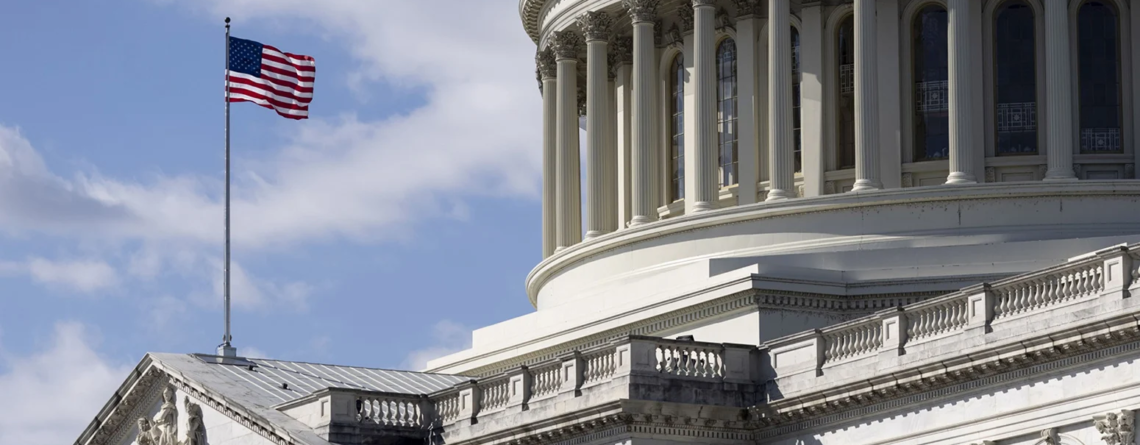US. House Republicans accuse ESG-focused pension funds, other investors of antitrust violations
Partisan differences were clear at a House hearing June 12, when Republicans accused CalPERS, Arjuna Capital and other institutional investors that consider environmental, social and governance factors of violating antitrust laws.
The hearing followed the release of an interim report on June 11, in which Republicans on the House Judiciary Committee said pension funds, asset managers, proxy-advisory firms and environmental groups are coordinating a “climate cartel” to force companies to‘“decarbonize” and “reach net zero.”
“The climate cartel is engaged in anti-competitive collusion to impose radical environmental, social and governance, or ESG, goals on the American people,” Subcommittee Chair Thomas Massie, R-Ky., said at the hearing for the House Judiciary Administrative State, Regulatory Reform and Antitrust Subcommittee.
However, Democrats and witnesses at the hearing — which included Dan Bienvenue, interim CIO of the $499.7 billion California Public Employees’ Retirement System, Sacramento; Natasha Lamb, managing partner and CIO of Arjuna Capital; Minnesota Attorney General Keith Ellison; and Mindy Lubber, president and CEO of sustainability nonprofit Ceres — pushed back on Republicans’ statements.
“The letter inviting me to this hearing referred to our work as ‘collusion’ and noted it could violate U.S. antitrust law,” Lubber said. “We firmly disagree with this assertion, but at the same time, as asked, we have fully cooperated with the committee’s investigation and have produced more than 90,000 pages of documents.”
Lamb struck a similar tone, telling lawmakers that while Arjuna Capital “has been fully cooperative in this investigation … we have not engaged in any collusion. We’ve done nothing wrong.”
“This hearing is not about antitrust law or antitrust violations,” said Rep. J. Luis Correa, D-Calif., the top Democrat on the subcommittee. “This hearing is about going after responsible fiduciary investing and shareholders who are essentially exercising their legal rights under the law.”
CalPERS’ Bienvenue said the pension fund’s “primary fiduciary duty is to make good investments to fulfill our responsibility to our members … (which) requires effective identification, monitoring and management of risks and opportunities, including climate change risk.”
Ellison, a Democrat, was adamant that “nothing in the antitrust laws prevents businesses from accounting for climate change.”
However, Republicans pressed the witnesses on how they achieve their climate-friendly investing goals and how they participate in groups such as Climate Action 100+, a coalition of more than 700 investors focused on reducing greenhouse gas emissions. Climate Action 100+ was also a focal point of the House Judiciary committee report.
At the end of a tense line of questioning, Rep. Harriet Hageman, R-Wyo., actually told the witnesses, “you are evil in what you are attempting to do,” as she said they and their organizations want to “destroy” the commercial production of cheap energy.
Meanwhile, Rep. Eric Swalwell, D-Calif., spoke directly to GOP committee members at one point, questioning why they called the hearing.
“I don’t understand why we’re here … you’re the party of free markets. You believe that Democrats regulate too much, but you’ve hauled these three (witnesses) here to tell them you don’t like how they’re investing in the free market?” Swalwell said.
Read more @pionline











